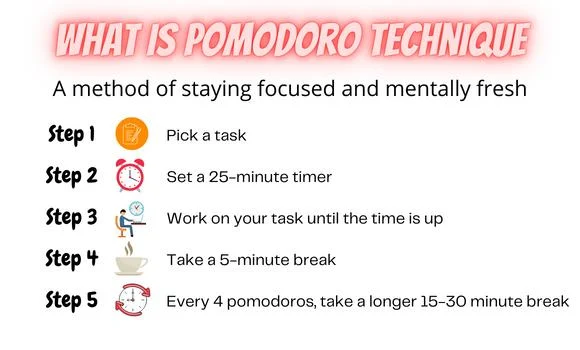Studying smart can save hundred hours of studying hard. It can guarantee you high grades and effective studying. In this article, you will find top study tips followed by leading students. These tips are more than enough to make you study smart and get good grades.
Group study is effective.
I had a friend of mine who was barely keeping up in the "Electronics of Power & Drives" class. Failing the course was sure for him. So he reached out for my help. He said, “I don’t understand the lectures; what should I do?” I replied, “I’ll help you; let's meet next week and study together for the whole week”. Therefore; every single day of that week, we met in the library for an interactive study session. I would teach him the lectures that he didn't understand, and he would raise questions and quires about the same subject. If he got something wrong, I was there to correct him. You might be wondering "why I would waste my time teaching others lectures I have already understood". Well, that’s because teaching other people is the most effective way to learn. If I could teach him the material, then it meant I understood it. Moreover; I was able to effectively revise that material.
But why is group study so effective?
When we teach others, the brain automatically makes you believe you’re doing something important. There is no better way of learning than to trick your brain into thinking that you’re doing something important. Most people who fail a course do it because they lack this feeling, and not necessarily because they are lazy or slow learners.
Aim high.
For example, if the task is to study 100 pages of a book. Why don’t you aim for 200 pages of that book? Another example, if the task is to write two essays a day. Why don't you aim for 4 essays a day?
Dedicate a place for studying.
This is could be the library, a place in nature, or even a corner in your room. You should do nothing in this place except study. This will help your mind to get into what I call the "STUDYING MODE". Just keep in mind that the place you choose should be away from all distractions and makes you “comfortable to study” not to sleep. This is because we are controlled by the environment we surround ourselves with. I prefer to study in the university's library for the following reasons:
- It is totally free to study there.
- Everyone is watching me, so there is no time to play or waste time.
- I am not able to watch videos on YouTube or use social media.
- I can't go outdoor and take long hours of break.
Clear your mind from worry-provoking thoughts.
Worry-provoking thoughts will interrupt you. Moreover; don't forget to turn your phone on silent so that you are not distracted by messages and notifications from Facebook, WhatsApp, Quora, …etc. It is preferable if you put it out of your eyesight or turn it off.
______________________________
He who learns but does not think is lost! He who thinks but does not learn is in great danger. — Confucius
_______________________________
Ask questions.
When you are studying or revising or when someone else is teaching you then always put up questions. It's good to ask questions than to just believe in the facts.
Speak out loud.
When you are learning or revising it's better to speak out loud because by speaking out loud, you will hear what you are studying. This will help you retain it. Speaking text aloud helps to get words into long-term memory according to a scientific study conducted at the University of Waterloo.
Take regular breaks.
You know your body well. If it's asking for a short break then go ahead because anyways without breaks your efficiency will decrease. You can use the Pomodoro Technique to regulate your breaks.
Don't reread your books and notes, test yourself instead.
You can test yourself in several ways:
- You can practice old exam papers which is my favorite because it helps me get a preliminary impression of the actual exams, and helps build my confidence in my ability to solve them..
- You can write down questions (make Question Banks). You can also get many MCQs from the internet.
- Make a friend of yours ask you questions about the subject.


